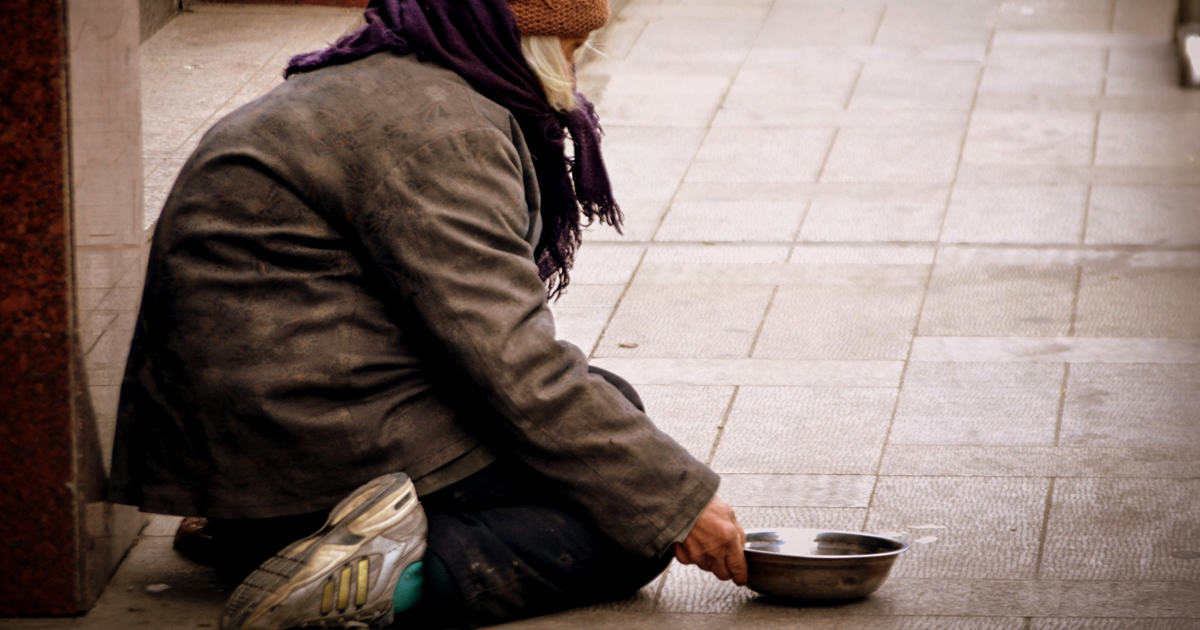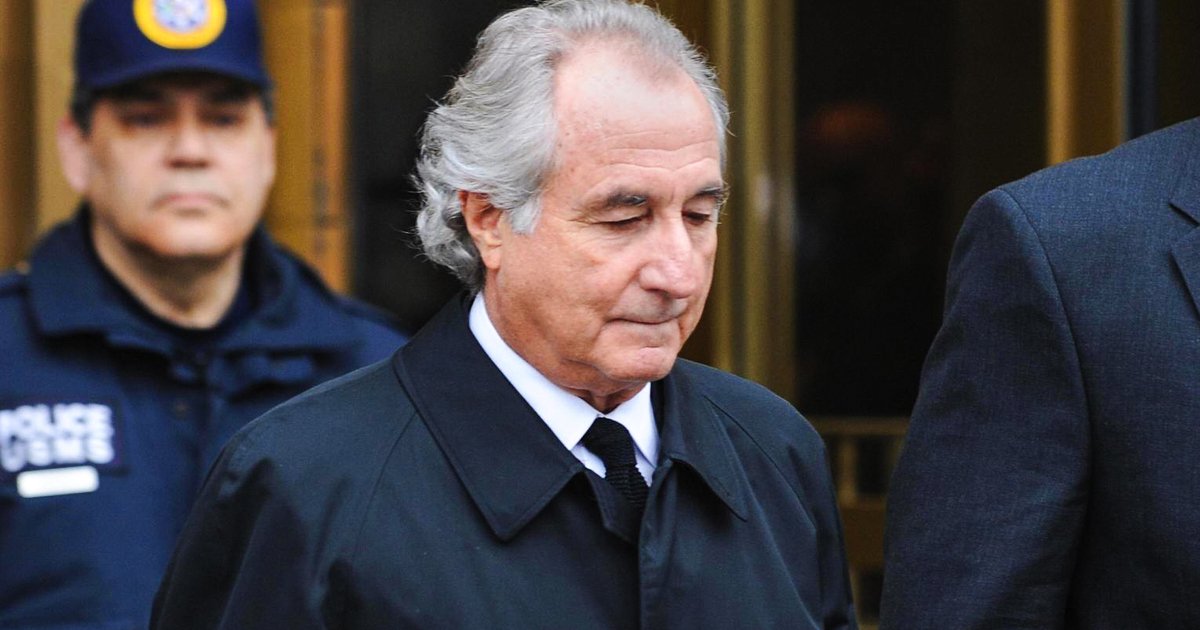The right-wing has been busy attacking Pope Francis and Bernie Sanders for being “socialists” because of their outspoken criticism of the American capitalist system. Meanwhile, the pontiff has been quite successful in reforming a historically corrupt banking institution in his own backyard, and proving that a business can become even more profitable by doing what is morally right and in the best interest of everyone.
The institution Pope Francis has been reforming is the Institute for Works of Religion (IOR), informally known as the Vatican Bank. Since its founding under Pope Pius XII in 1942, the Vatican Bank has been implicated in numerous scandals. In 1968, the IOR hired a financial advisor with ties to the Mafia. That adviser, Michele Sindona, channeled a portion of Vatican investments into his own bank, which collapsed six years later, costing the Holy See approximately $30 million USD – equivalent to around $152 million today.
Archbishop Paul Marcinkus, Vatican Bank President from 1971 until 1989, drew attention from the US Department of Justice when he was allegedly involved in the delivery of over $14 million in counterfeit bonds. Marcinkus was also tied to Sindona, and was implicated in another bank failure in 1982. In 1999, the Vatican Bank, along with the Franciscan Order, was named as a defendant in a lawsuit brought by Croatian Holocaust survivors over its alleged role in money laundering and aiding and abetting war crimes during the Second World War. Even as recently as 2012, the Vatican Bank was suspected of engaging in money laundering.
Reform attempts began in 2010 under Pope Benedict XVI. However, it has been Pope Francis who has propelled the moral and financial restructuring. Pope Francis established a papal commission. Its purpose, according to Vatican News, was to “gather accurate information on the legal status and various activities of the Institute to permit, when necessary, a better harmonization of the said Institute with the universal mission of the Apostolic See.”
Since then, Pope Francis has replaced a number of bank advisors and has been working to insure that the Institute for the Works of Religion lives up to its name. The Vatican Bank has been brought into compliance with international banking regulations and its operations made more transparent. At the same time, the bank’s profits, which were less than $4 million when Pope Francis was first elected, climbed to $75.5 million by the end of 2014. It’s something that should be raising eyebrows on Wall Street, where they have been fighting all attempts at regulations and reform.
Since Pope Francis began his efforts to clean house, thousands of questionable accounts have been removed from the ledgers, and he has been getting top-notch legal counsel on how to proceed with banking reforms. The Holy Father won’t be stopping there. According to Monsignor Battista Ricca, the Pope’s “eyes and ears” at the Vatican Bank, the institution’s mission is “not to pursue the accumulation of wealth…[it is to support] the universal mission of the Church…to feed, to educate, to heal and to permit the gospel to be known.”
The job of reforming the Institute for the Works of Religion has just begun, and there is a long way to go. One step the Vatican Bank could take is to provide a banking network for the poor, who currently must pay inflated “fees” for many transactions. Tax lawyer James Henry of Columbia University points out that “all of the world’s foreign aid comes to just $135 billion. But remittances made between struggling families are more than $450 billion, and that means that $20 billion to $40 billion is spent just on transfer fees.”
Simply eliminating such practices could send a strong message to the for-profit banking industry, which has made billions of dollars charging questionable fees for all kinds of transactions. These fees fall hardest on low-income people.
Pope Francis’ banking reforms should demonstrate that, in the true spirit of Christianity, his primary concern is to uplift the “least among us” by addressing the issues of poverty and social justice. Doing that requires the use of all tools and systems available – be they capitalist, socialist, or within a system combining the best elements of both, like Democratic Socialism.




